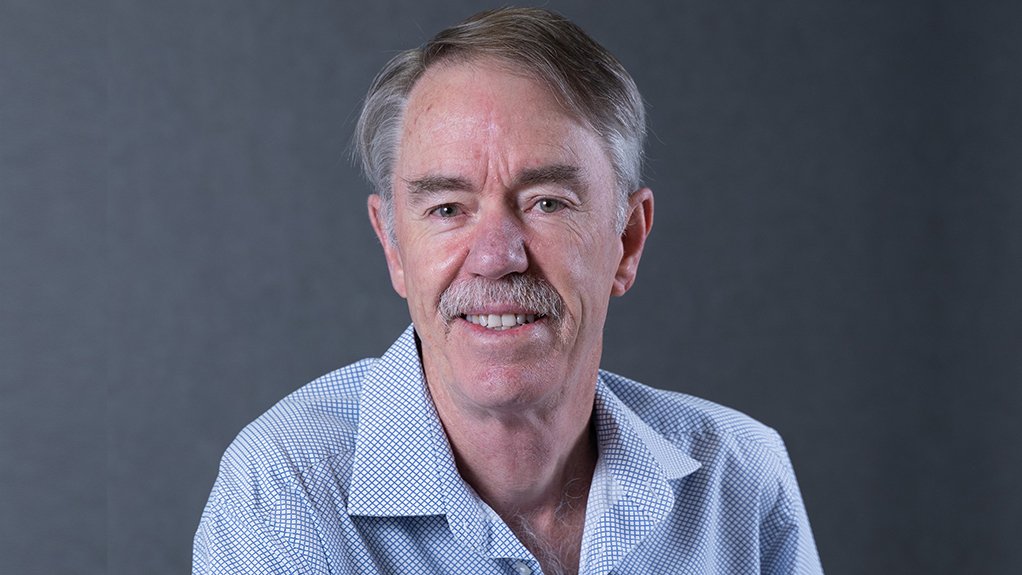

South African cement industry to approach Itac for general tariff protection
Cement and Concrete South Africa (CCSA) is preparing an application for generalised tariff protection on imported cement, arguing that antidumping duties against exporters from specific countries are taking too long to secure and are failing to safeguard the industry from what it regards as unfair competition.
Despite having a yearly cement production capacity of about 20-million tons, the domestic industry is producing only 12-million tons currently, with more than one-million tons of cement being imported yearly.
CCSA CEO Bryan Perrie tells Engineering News that no decision has been made regarding the level of protection that will be requested, with investigations still under way.
He also stresses that any tariff decision, which is likely to face stiff opposition from importers, rests entirely with the International Trade Administration Commission of South Africa (Itac), which will have to weigh up the economic costs and benefits of introducing protection.
“We are busy finalising the application, which we expect to submit to Itac during the first quarter of 2023,” he reports.
CSSA, whose members include PPC, AfriSam, Lafarge and Sephaku Cement, is also facilitating, through independent lawyers, an antidumping investigation into cement arising from Vietnam.
Imports from Vietnam have risen sharply in recent years, particularly after dumping duties were imposed on cement from Pakistan in 2015.
The duties on various Pakistani exporters range from between 25% and 62% and, following a review of the tariffs in 2019, were renewed by Itac for a further five years, from June 2022.
“Obviously, our members believe they have a strong case for protection, including the fact that the industry employs about 35 000 people at plants that are typically located in rural communities.
“In addition, our members are subject to the carbon tax, have implemented transformation programmes and, where quarrying is undertaken, are obligated to comply with the Mining Charter and to implement social and labour plans,” Perrie outlines.
“Therefore, we believe protection should be considered, particularly in a context where demand remains weak and where newly published procurement regulations no longer require localisation of a product such as cement.”
Any sustainable recovery of the industry, however, hinges mostly on increasing demand, which itself increasingly hinges on a recovery in infrastructure investment, which has failed to materialise despite repeated government statements indicating that infrastructure investment is a key priority.
Perrie says the recent award of large contracts by the South African National Roads Agency Limited (Sanral) have been viewed positively by the industry, as has Sanral’s recent assurances that local material will be used in the contracts, despite the fact these have been placed mainly with Chinese contractors.
“We require other State-owned companies and government departments to make similar commitments, especially following the Constitutional Court’s ruling that individual organs of State, rather than the National Treasury, are legally responsible for the design and enforcement of preferential procurement rules.”
The ruling, which was made in February, has undercut the previous designation of cement for local procurement by the National Treasury.
“We now have to approach each organ of State to encourage them to designate local cement, which is complicated.
“Until they do, we will receive no benefit from the cement designation, which we previously viewed as a major victory for domestic producers.”




